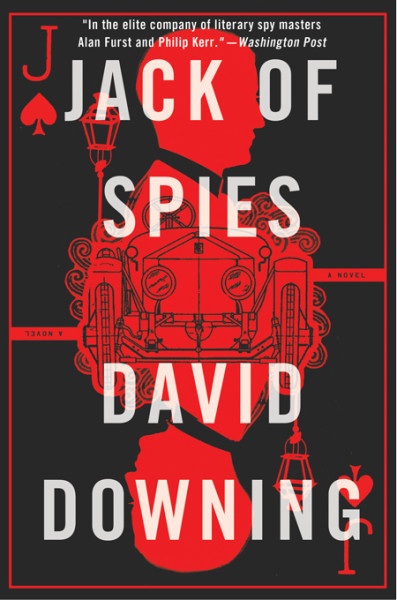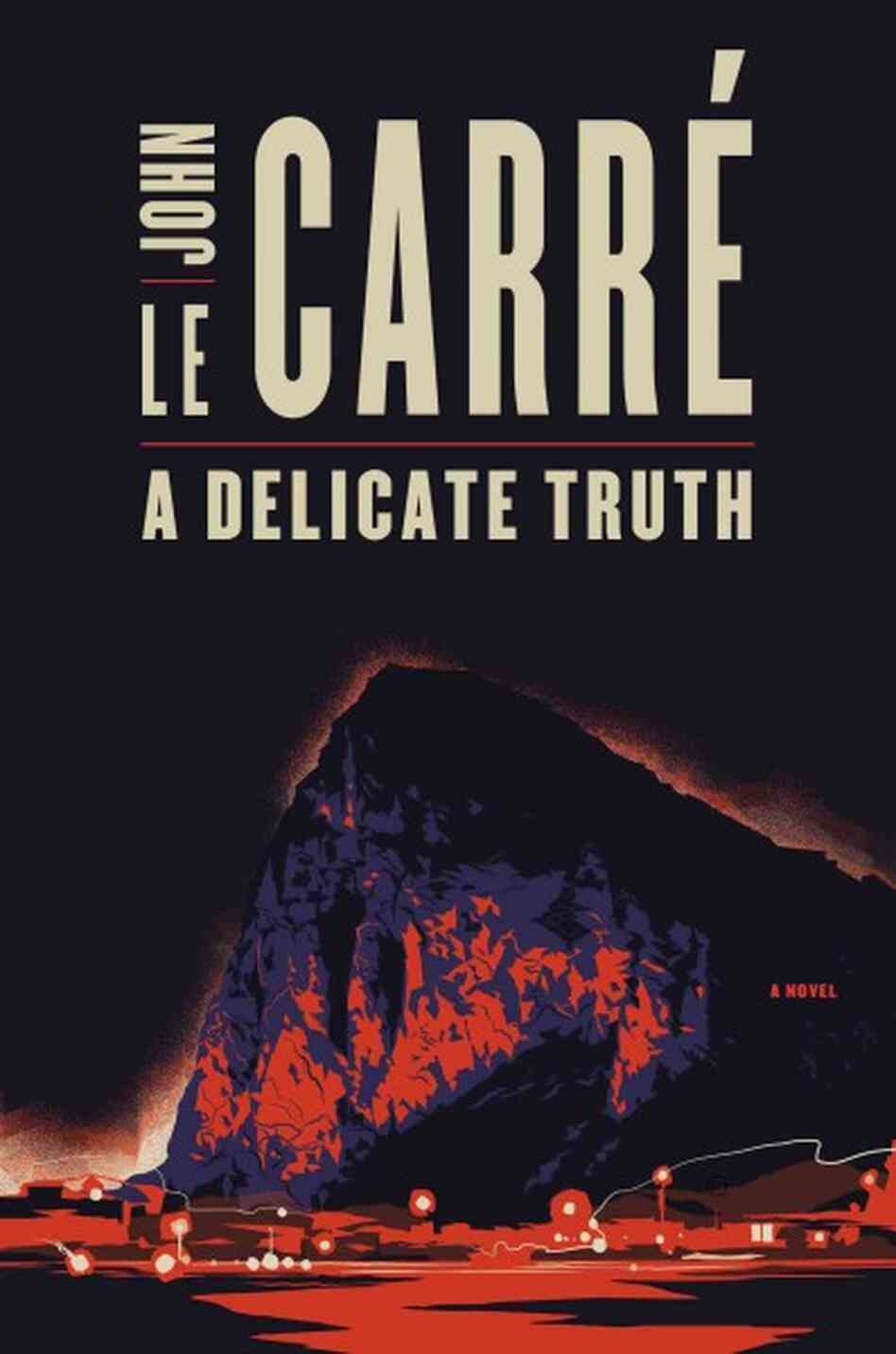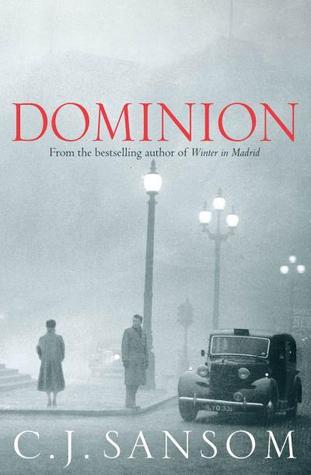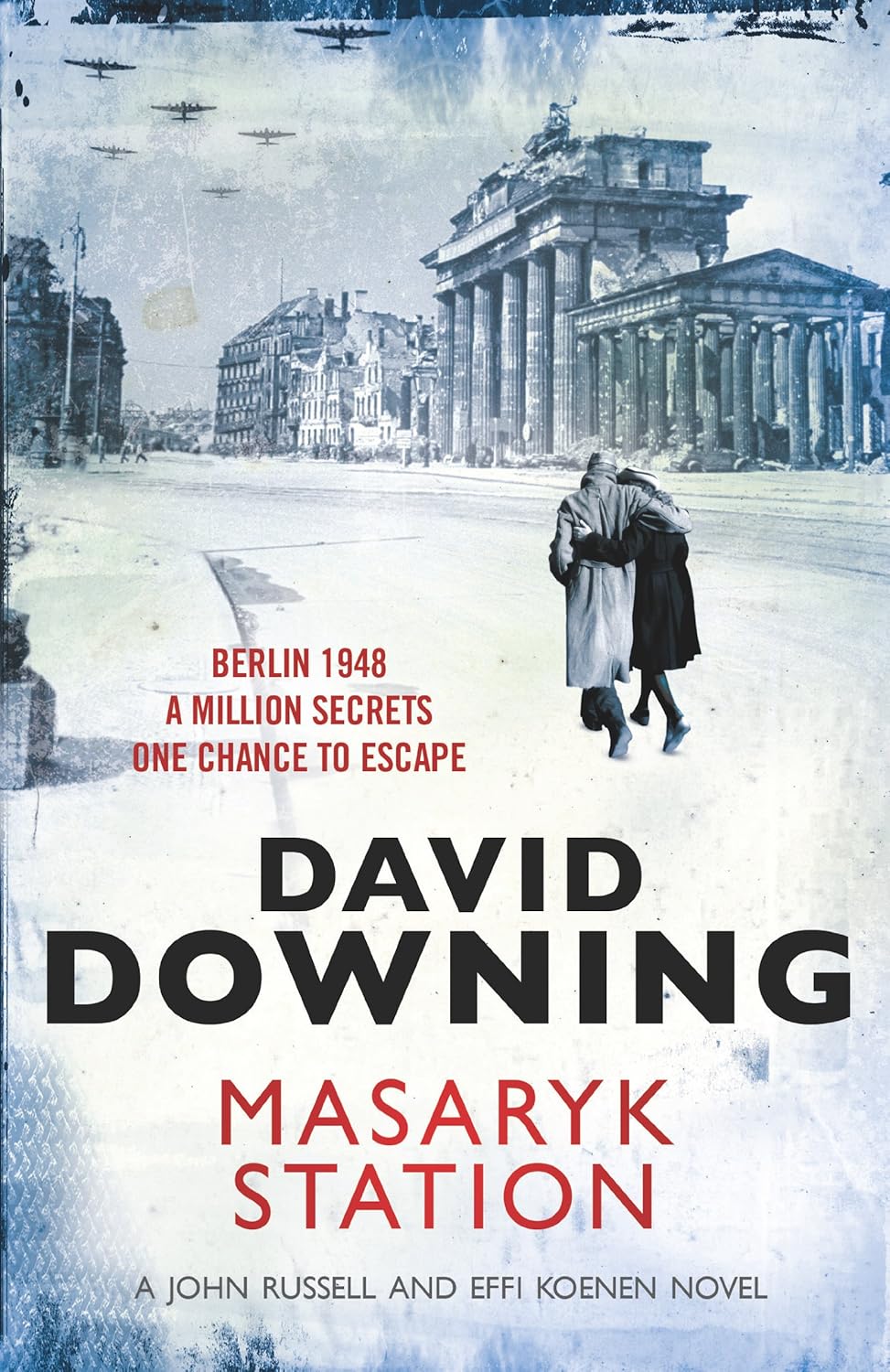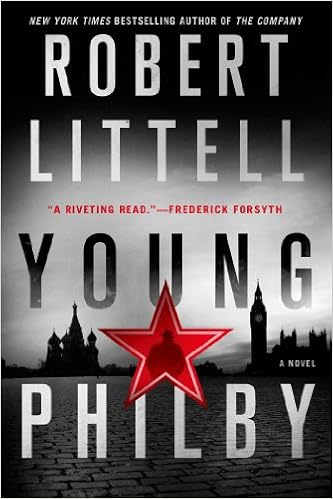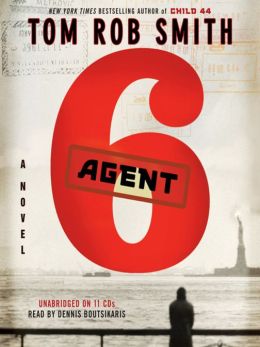The news of late has included Edward Snowden’s revelations about NSA digital espionage, Senator Diane Feinstein’s public quarrel with the CIA over its alleged spying on Senate staffers, and cloak-and-dagger operations in Crimea and the Ukraine (ordered by former KGB colonel Vladimir Putin). Can spy novelists craft fiction in 2014 that’s as intriguing and surprising as reality? Thankfully for those of us who enjoy the genre, some of those writing spy thrillers today are up to the challenge.
My picks for these top espionage novels published in 2014 include some contemporary tales as well as spy fiction with a historical flavor (which I find more appealing as a reader than techno-thrillers).
(Click for my list of 2013’s top spy thrillers and 2012’s top spy thrillers ).
Midnight in Europe by Alan Furst
The protagonist of Midnight in Europe, Cristián Ferrat, joins the line of urbane, charming, and quietly courageous heroes imagined by Alan Furst in his historical spy fiction. Ferrat, a Spaniard living in Paris and working for an American law firm, is enjoying the good life when the Spanish Civil war erupts in 1936. He’s recruited by the Republican government to help in procuring arms for its hard-pressed army, a difficult task because of the arms embargo on Spain observed by France, England, and the United States (but not by Germany and Italy, who eagerly supplied weapons to the Nationalists).
Ferrat is no ideologue—he tells the head of security at the Spanish Embassy that he believes in parliamentary democracy and is an anti-fascist, but that he doesn’t spend much time on politics. Since the Spanish Civil War involved a bitter and primal struggle between Nationalists on the right and Loyalists on the left, it’s an interesting choice by Furst to make his main character relatively apolitical. Ferrat is at heart a romantic sophisticate—a magnet for women—but not a passionate man; he will support the Republic as best he can, but he isn’t ready to blindly sacrifice his career, or his family, for the Loyalist cause.
Ferrat teams up with a well-connected operator named Max de Lyon who knows the shady world of arms trading. Soon, they’re off to Berlin, Warsaw, Rumania, and Greece as they try to scrounge up anti-aircraft ammunition that they can ship to the Republicans in Spain. Ferrat and de Lyon must outwit Nationalist and German intelligence officers on their trail, and somehow pry loose the needed munitions from the Soviets.
Furst’s beautifully crafted prose is on full display in Midnight in Europe, and the novel is a delight to read. Once again, Furst offers a sobering portrait of the realities of European life in the 1930s as the Western democracies belatedly began to realize the existential threat that Adolf Hitler’s resurgent Germany posed.
A Colder War by Charles Cumming
The dissolution of the Soviet Union may have ended the Cold War, but as Charles Cumming highlights in A Colder War, the adversarial relationship between Russian and Western intelligence agencies persists. Since Cumming’s novel was published in England in spring 2014, the tension between Vladimir Putin’s Russia and the U.S. and European Union has risen, dramatically.
This resurgent conflict makes it easier, in one sense, to craft a popular spy thriller, but it also challenges an author—especially an English one—to move beyond John le Carré’s now worn-out trope of Oxbridge MI6 spies searching for Russian moles while sneering at the vulgarity of their American “cousins” in the CIA. Cumming only partially succeeds in escaping these cliches—the confrontations between MI6 and the CIA in his novel seem more urgent and dramatic than those with the SVR—but he does cleverly draw on current geopolitical events (including the civil war in Syria) to give his book a more up-to-the-moment feel.
Cumming’s hero from 2012’s A Foreign Country, Thomas Kell, returns from bureaucratic limbo to investigate the suspicious death of a senior British agent in Istanbul, just as a series of recruited MI6 operatives are blown. Is there a connection between the agent’s death in a plane crash in Greece, and leaks of top secret information? Kell doggedly pursues the truth, in Turkey, the Ukraine, and in London, and Cumming knows how to keep the reader turning the page. I did find myself wondering whether MI6 had the money for the elaborate human and electronic surveillance portrayed in the novel (Britain has slashed its military and intelligence budgets over the last decade), but that’s a minor quibble. To his credit, Cumming is willing to explore his characters’ emotional lives, an element too often missing in today’s spy thrillers.
Warburg in Rome by James Carroll
While James Carroll’s book has one of the less catchy titles for a thriller—it’s Warburg in Rome, not Bond in Rome—it’s nonetheless a challenging and intriguing read. In the novel, Carroll addresses the role of the Roman Catholic Church in shielding Croatian fascists and German Nazis after World World II and shepherding them to Argentina (the infamous “ratline”). Carroll, an accomplished novelist and historian (and a former Catholic priest), infuses Warburg in Rome with a righteous indignation that challenges the preconceptions of the reader in ways that few novels in the genre do.
Warburg in Rome begins as the war in Italy is winding down and it focuses on two Americans, David Warburg, a Treasury Department official sent to help with the growing refugee crisis, and Kevin Deane, a New York priest close to Archbishop Francis Spellman. Warburg hopes to rescue as many Jews as he can from Hitler’s Final Solution in Italy and Hungary and other parts of the collapsing Nazi empire. Shocked and disillusioned by the hostility and indifference he encounters, Warburg increasingly sees the Vatican, and elements of American intelligence, as more interested in developing allies—whatever their crimes during the war—for the upcoming struggle with Stalin in Central Europe than in addressing the plight of Jews.
While Warburg in Rome is structured along the lines of a traditional thriller, Carroll highlights the disturbing history of this postwar period through a series of extended verbal clashes between Warburg and Deane over the Church’s complicity in assisting Nazi murderers and the nature of anti-Semitism. We learn more of this disturbing story as we meet some of his other characters—the alluring Marguerite d’Erasmo, a Red Cross official; Jocko Lionni, an Italian-Jewish resistance fighter; a young German priest, Father Lehmann, who assists the Nazis; and an anti-Semitic American intelligence agent, Peter Mates. The extended dialogue involving these characters slows the pace of the book, which some action-oriented readers may not like, but it provides a deeper historical context and offers a convincing and devastating indictment of those upper-echelon Church officials who so willingly harbored the fugitive war criminals of the Third Reich.
Jack of Spies by David Downing
David Downing, the creator of the John Russell series of thrillers set in Nazi Germany, has ventured into the intrigue surrounding the start of World War One in his latest novel, Jack of Spies. His latest protagonist, Scotsman Jack McColl works for the Royal Navy Intelligence Service and has been tasked with sussing out whatever mischief the Germans are plotting in various corners of the globe.
It’s a brave choice by Downing to focus on the Great Game just prior to the outbreak of the war—he enters territory well-explored by John Buchan and Erskine Childers and unlike those early 20th-century authors, he can’t assume that his readers will automatically root against “the Huns.”
Downing’s solution: Jack McColl, his hero, acknowledges that the Brits are far from perfect, and is quite sympathetic to the independence movements in India and Ireland, but sees the Germans under the Kaiser as even more flawed. His romantic interest is a spirited Irish-American feminist journalist who sides with the underdog. Jack of Spies takes us to China, San Francisco, New York, Paterson, NJ (site of the famous millworkers strike), Ireland, Scotland, England, and Mexico. While the novel might have benefited from fewer locales, the historical context is fascinating. I’ll confess I didn’t know about the battle of Veracruz in 1914, where American Marines fought the forces of Mexican dictatorl Victoriano Huerta. (And I also didn’t know Woodrow
Wilson had demanded that Huerta salute the American flag!)
The Cairo Affair by Olen Steinhauer
In The Cairo Affair, Olen Steinhauer combines elements of the whodunit and the spy novel, adds in some international intrigue, and produces an entertaining page-turner that, at a deeper level, considers the nature of betrayal, personal and political.
Intelligence agencies need those willing to betray, to cast aside old loyalties, to become double agents or moles. Beyond its practical uses, betrayal can be thrilling, a means to settle old scores, a way to add excitement to life. One character in The Cairo Affair quotes the French demimonde writer Jean Genet: “Anyone who hasn’t experienced the ecstasy of betrayal knows nothing of ecstasy at all.” Steinhauer’s exploration of this theme is what elevates this novel well above its procedural surface.
Steinhauer’s novels are driven by intricate plots, and The Cairo Affair is no exception. Set primarily in Egypt during the Libyan civil war of 2011, the action begins with the sudden gangland-style assassination of an American diplomat, Emmett Kohl, in Budapest and follows his widow, Sophie, as she tries to discover why he has been killed.
As several narrators tell the story—Sophie Kohl, CIA agent Stan Bertolli, American security contractor John Calhoun, and Egyptian intelligence officer Omar Halawi—it becomes clear that Kohl’s murder has something to do with a CIA-created covert operation called Stumbler. WikiLeaks has revealed some aspects of Stumbler—a clever touch by Steinhauer—but its true goal, to advance American commercial interests in the region by controlling the Libyan uprising, has been hidden. Sophie travels to Cairo, but her search to uncover the truth is complicated by her own troubled past. It is Halawi, a man of old-fashioned morality, who puts together the puzzle pieces and, in the end, allows Sophie to decide what sort of justice she will pursue.
An Officer and a Spy by Robert Harris
Robert Harris is known for getting the details right in his historical fiction—as can be seen in his novels Enigma and Pompeii and even in his best-selling (and counterfactual) Fatherland which imagines a triumphant and believable Third Reich in 1964 as Adolf Hitler approaches his 75th birthday.
In An Officer and a Spy, Harris takes on the controversial Drefyus Affair and succeeds in crafting an intriguing thriller—quite a feat since many readers will know the resolution of this scandal which roiled French society at the turn of the century.
Harris breathes life into all of the major figures in the case: Captain Alfred Dreyfus, unjustly accused of passing secrets to the Germans, convicted, and sentenced to an inhumane imprisonment on Devil’s Island; Colonel Georges Picquart, the principled head of French counter-espionage who realizes the real traitor is a dodgy major by the name of Ferdinand Walsin Esterházy; the scheming Minister of War, General Auguste Mercier, who has his eyes on higher political office; the courageous journalist Émile Zola who defends Dreyfus, highlights the antisemitism and corrupt military justice involved, and the case an international cause celebre.
While Colonel Picquart is the hero of the novel, Harris doesn’t shy away from portraying his flaws. Picquart shares the prejudices of the French officer class of his time: he doesn’t particularly care for Jews, he’s disdainful of homosexuals, and he has little use for calculating politicians or meddling journalists. But Picquart, an idealist, also believes in the time-honored military virtues of honor and integrity. His stubborn commitment to finding the truth leads him to risk his career, and his personal happiness, as he pursues justice for Dreyfus.
Harris fuses elements of the spy novel, detective story, and courtroom drama in An Officer and a Spy. It’s an entertaining retelling of a pivotal episode in the history of Third Republic France, one that helped shape French politics for much of the 20th century.
American Romantic by Ward Just
A case could be made that American Romantic doesn’t belong on this list of spy novels. There aren’t any traditional spies in the book, and Ward Just doesn’t rely on any of the tried-and-true (and overused) plots commonly found in thrillers. But Harry Sanders, an American diplomat and the American romantic of Just’s title, does become involved in a secret mission in Vietnam that alters his life and his career in profound ways. American Romantic considers the role secrecy plays in organizations, in families, and in marriages, and thus, I would argue, deserves attention by any reader intrigued by the covert and clandestine—personal and political.
There are echoes of Graham Greene’s The Quiet American and Charles McCarry’s The Tears of Autumn in the early chapters of Just’s novel—we are introduced to Americans, Innocents Abroad, baffled by a culture and people whose outlook is so different, so opaque, that the tragic and violent conflict in Indochina that followed should have come as no surprise.
There’s more to American Romantic than a consideration of how the United States dealt with the demands of imperium after winning World War II. Just doesn’t neglect the personal lives of his characters. Sanders has a brief affair with a German woman in Vietnam and never quite resolves his feelings for her. He must deal with small and large tragedies in his marriage. After diplomatic postings in Asia, Africa, and Europe, Sanders becomes a permanent expat, retiring to France and not his native New England—a telling statement about his progressive detachment from his own countrymen and culture.
There’s an elegiac tone to the novel—the postwar optimism and certainty of purpose of American elites was sorely tested as the Cold War progressed. American Romantic reflects that reality. In Washington’s corridors of power, America’s rightful place in the world seemed clear in 1945—what it should be today is not as obvious.
(Click for my list of 2013’s top spy thrillers and 2012’s top spy thrillers ).
Copyright © 2014 Jefferson Flanders
All rights reserved
Click to purchase the critically-acclaimed First Trumpet Cold War thrillers by Jefferson Flanders: Herald Square, The North Building, and The Hill of Three Borders.



